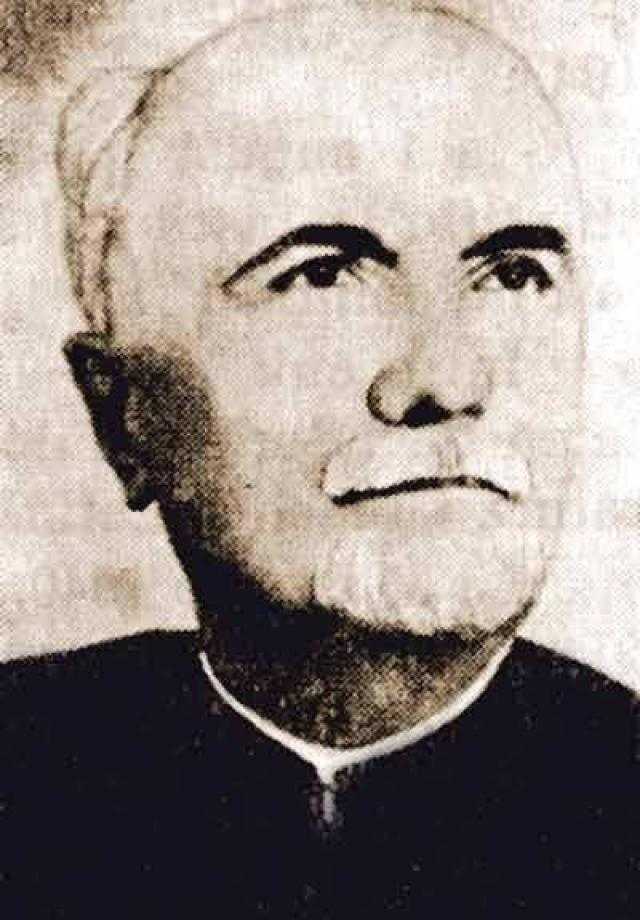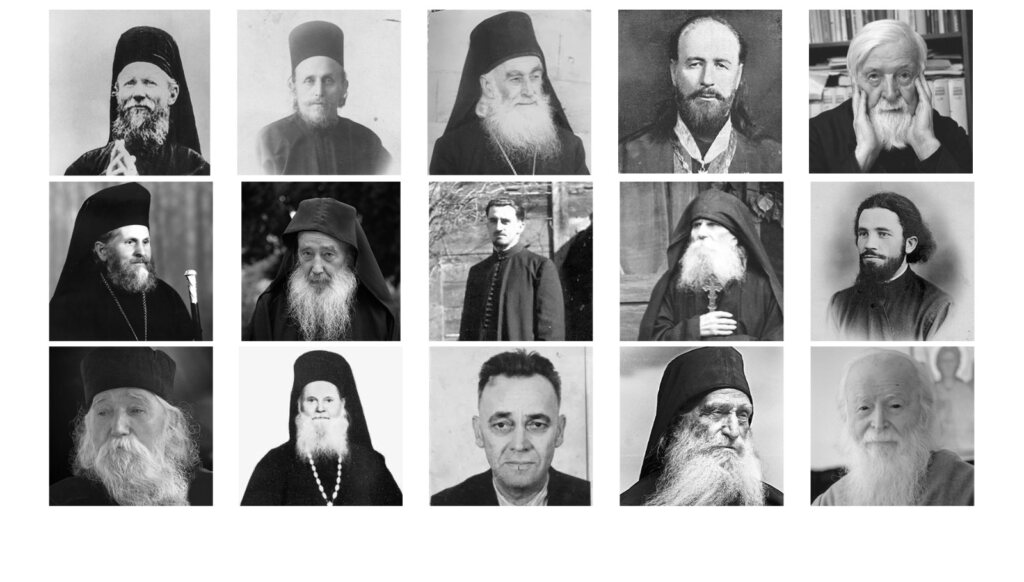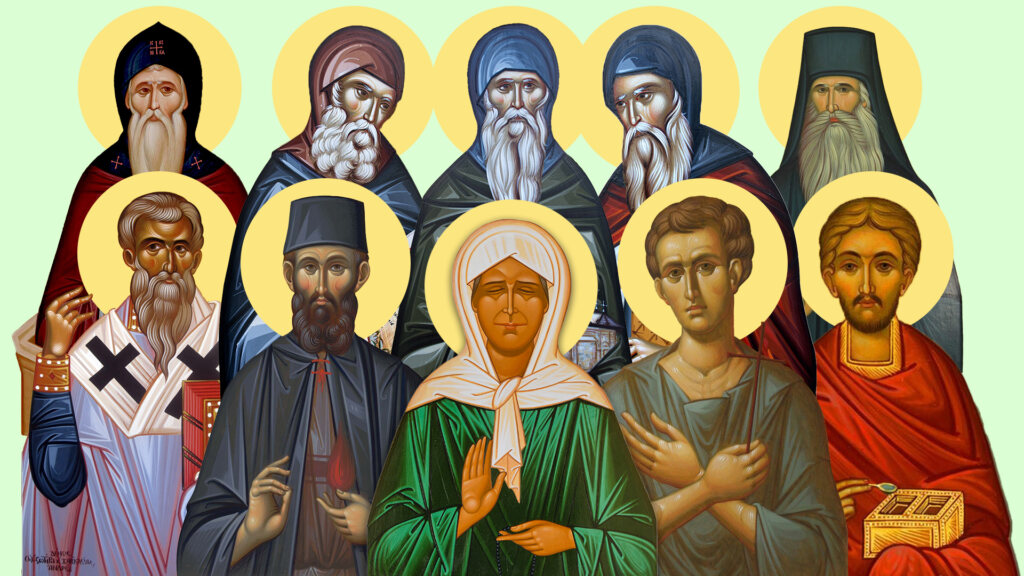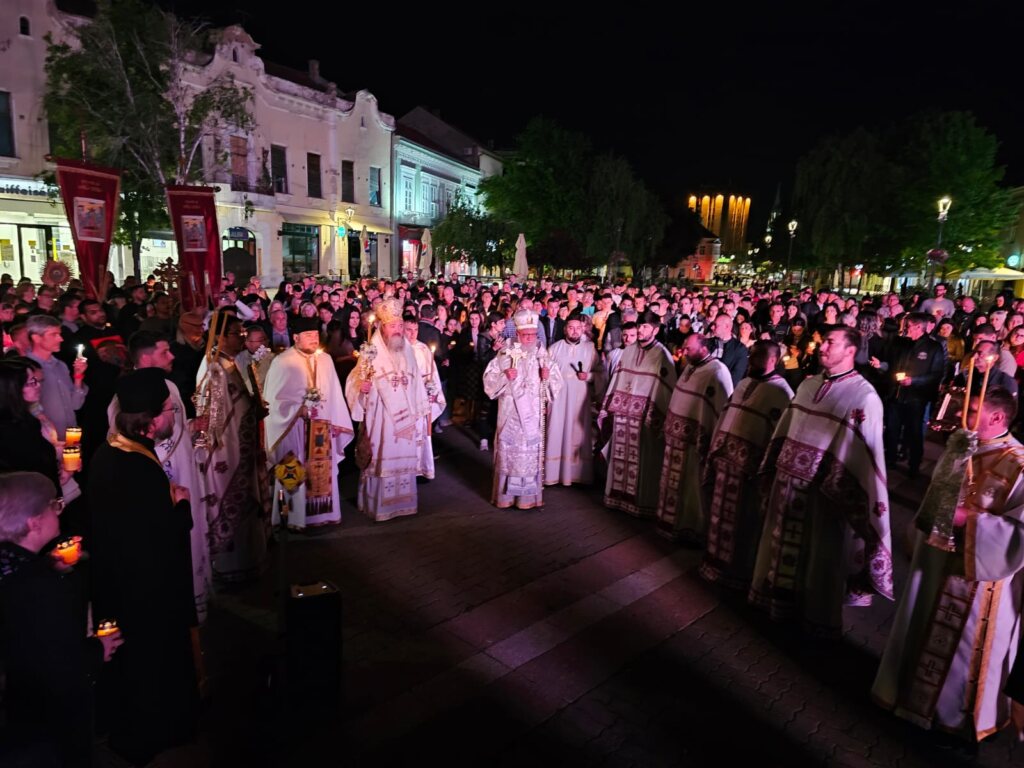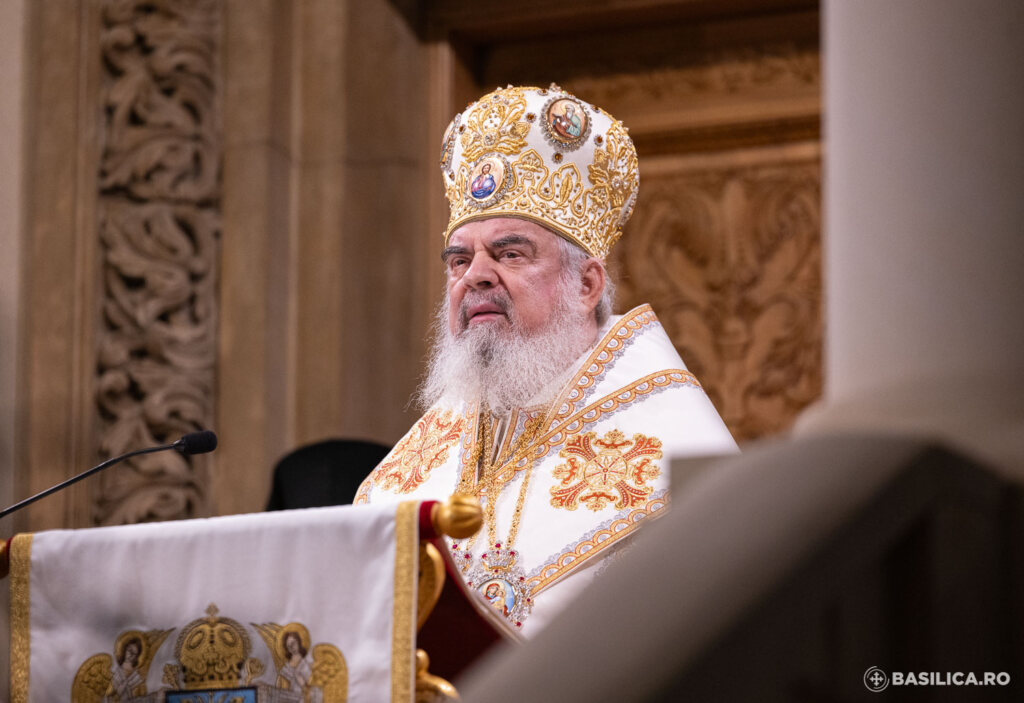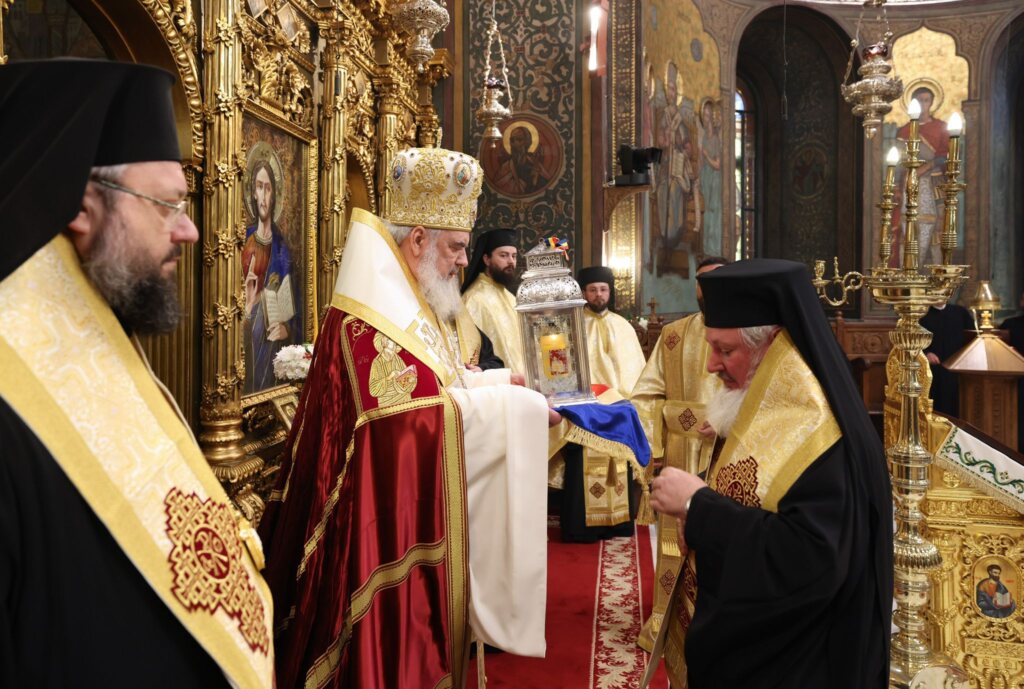11 March 1987 – Priest and theology professor IOAN COMAN passed away (born on 27 November 1902 in Dâmbroca, county of Buzău). He studied at the Seminary of “Bishop Chesarie” in Buzău, then at the Faculty of Theology of Bucharest (1922 – 1926), with the doctor degree in 1936, and the Faculty of Philology, section of classic languages (1922-1927), which would award him the doctor’s degree in 1934; specialization studies at the Faculties of Philology and Protestant Theology in Strasbourg (1927 – 1931), with a doctor’s degree at the last one; some courses at the Faculties of Theology at the Faculties of Protestant Theology in Montpellier and Paris (1930 – 1932). Back from studies, he was “prefect of studies” at the Theological Institute of “Radu Voda” of Bucharest (1934 – 1947), reader at the chair of Greek Language of the Faculty of Philology of Bucharest (1936 – 1942), lecturer (1942), then titular professor (1944) at the chair of Patrology at the Faculty of Theology of Bucharest (from 1948 forward changed into Theological Institute), a position he held till retirement (1970), rector of the Institute (1954 – 1962), priest (1940). He was a member of the Romanian synodal delegations that visited other countries. He participated in many congresses and symposiums with ecumenical, patristic or historic character; member of the Consulting Committee of the European Churches, representative of our Church in the Commission for Dialogue with the Old Catholics.
Works: L’idee de la Nemesis chez Eschyle (Paris. 1931); The Classic Miracle (1941), Genius of Saint Gregory of Nazianz (1937); Saint Gregory of Nazianz on emperor Julian, attempt on Discourses IV and V (1938), The General causes of the anti-Christian politics of emperor Julian (1938) etc.
